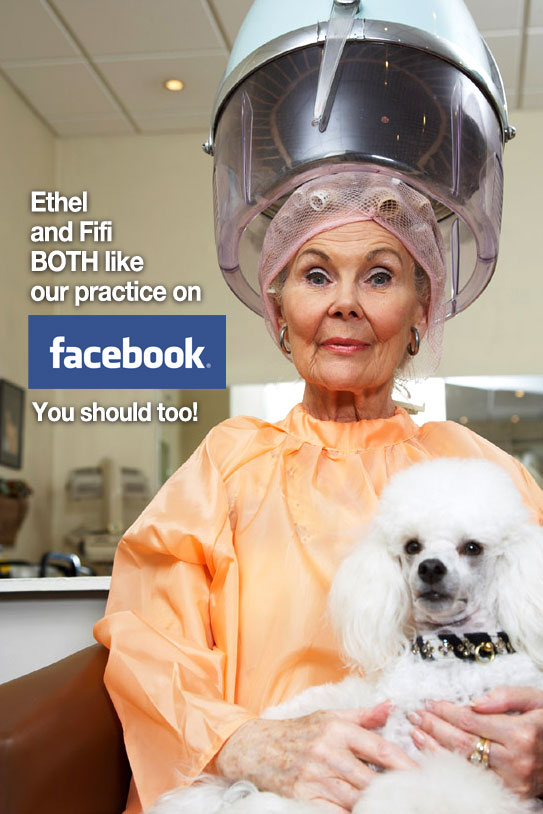IF YOU’RE A PARENT, YOU INTUITIVELY UNDERSTAND that your children look to you as they form their own early opinions about life and all of its complexities. This principle applies to the things that you believe and the priorities you value. Kids ride piggyback on many of our opinions until they grow old enough to adapt, interpret, and challenge those beliefs on their own.
So, how does this notion relate to dentistry? Here at Lake Oconee Dentistry we believe that the best way to help your children not only understand the importance of oral health, but also make it a priority in their lives, is to get them in the habit of seeing us when they’re young.
Kids whose parents start taking them to the dentist at an early age have much better oral health in the long run.
As parents it’s our obligation to make sure our children are getting the best oral health care possible to help ensure they keep healthy smiles for life. Here at Lake Oconee Dentistry, Drs. Bradley and Dr. Boswell know that preventative care is much less costly than restorative care. Sometimes, people don’t look at regular preventive care this way, yet it’s an important principle to teach our children. Indeed, an ounce of prevention is worth a pound of cure.
You can also help your children understand the benefits of a healthy smile, and having a mouth free of pain and hassle. If children hear a parent disparaging dental care they may start putting up a fight when it’s time for the next cleaning appointment.
Here’s a short video from CNN on the importance of early childhood dental care:Early visits to our practice help prevent future problems with tooth decay and gum disease—and perhaps most importantly, help your children become accustomed to visiting the dentist regularly so they won’t be hesitant in the future. These visits also show your kids that sound oral health is important to YOU, and that it’s a high priority.
If you haven’t already done so, feel free to “like” us on Facebook by clicking on the logo below! It’s a great way to stay updated on everything going on at our practice!



